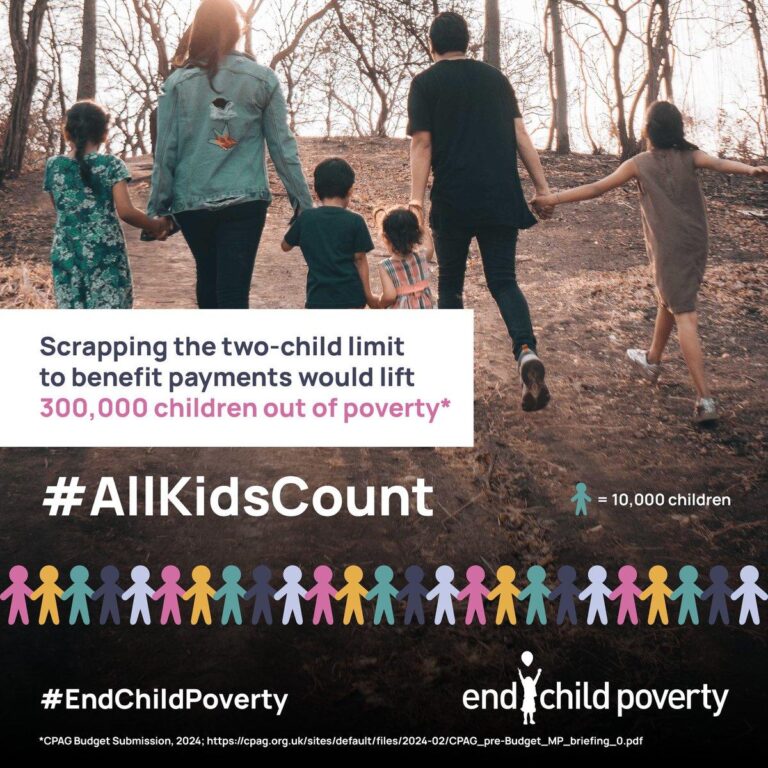The UK’s Two-Child Limit on Benefits: An Overview
The UK’s two-child limit on benefits has stirred significant controversy since its inception. This policy restricts family benefits based on the number of children a family has. Many argue that it disproportionately affects the poorest families in the country.
The Purpose of the Two-Child Limit
The main aim of the two-child limit is to reduce government spending on benefits. Supporters of the policy argue that it encourages families to consider their financial situations before having more children. However, experts in poverty argue that this perspective fails to account for the complexities of family life.
Impact on Low-Income Families
Poverty experts have pointed out that the two-child limit exacerbates the difficulties faced by low-income households. Families affected by the limit find themselves trapped in a cycle of poverty. Many struggle to provide for their existing children, let alone additional ones.
Evidence from Poverty Research
Numerous studies have highlighted the negative consequences of the policy on children’s well-being. Research indicates that children in large families are more likely to experience poverty when benefits are capped. This cap on benefits is seen as a contributing factor to wider social inequalities.
Arguments for Abolishing the Two-Child Limit
Experts argue that abolishing the two-child limit is essential for social justice. They contend that every child deserves equal access to support, regardless of family size. Removing the cap would allow families to better provide for all their children, reducing the risk of poverty.
Calls to Action
The conversation surrounding the two-child benefit limit is gaining momentum among advocacy groups. Many are calling for policymakers to reconsider the implications of this legislation. If you’re interested in hearing more about the detrimental effects of this policy, you can read about it in detail here.
Conclusion
As the debate continues, it is clear that the two-child limit on benefits significantly impacts the poorest families in the UK. Abolishing this policy could lead to improved welfare outcomes for many children and families. Addressing the structural issues related to poverty requires comprehensive policy reform and a commitment to equity.

